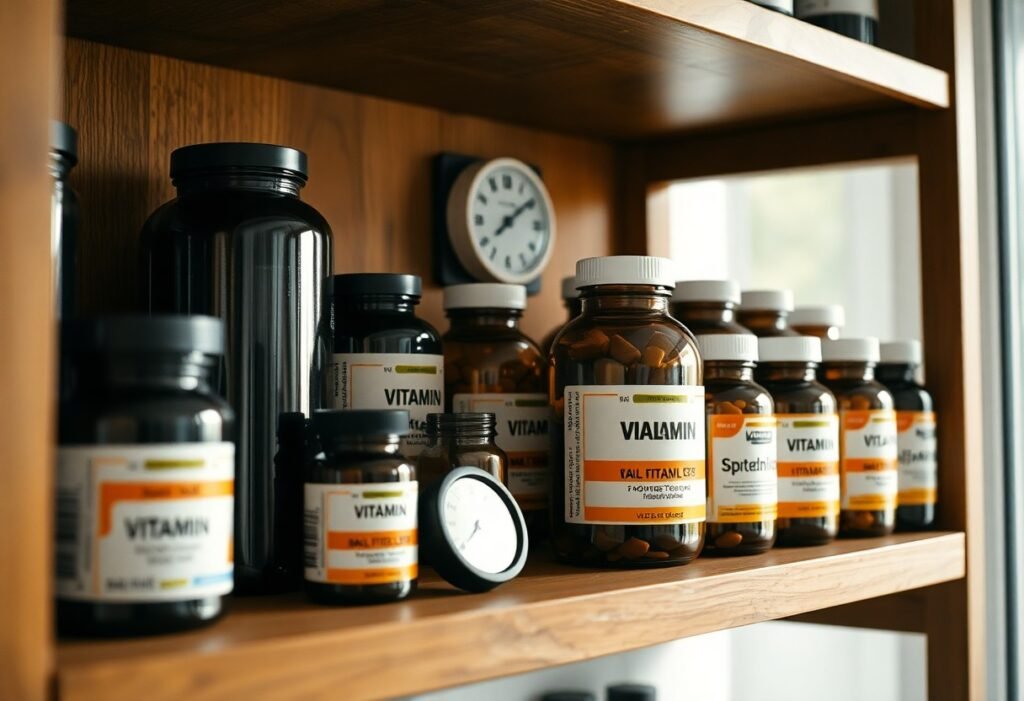
Vitamins are important nutrients that play a significant role in maintaining your overall health. To ensure that these vitamins remain effective and safe for consumption, proper storage practices are necessary. Follow this guide to learn how to store your vitamins effectively, helping you maximize their potency and lifespan.
First, choose the right environment for storing your vitamins. You should keep them in a cool, dry place, away from direct sunlight and moisture. Heat and humidity can degrade the vitamins, leading to a reduction in effectiveness. A kitchen cabinet or pantry shelf is often a suitable option, as long as it is protected from temperature fluctuations. Avoid storing vitamins in bathrooms, as the humidity from showers can negatively impact their stability.
Next, pay attention to the original packaging of your vitamins. Most vitamins come in dark or amber bottles designed to block out light. If your vitamins are stored in clear plastic containers, consider transferring them to darker glass or opaque containers to extend their shelf life. Keep the original labels and seals intact, as they provide important information about the product’s usage and expiration date.
Regarding sealing your vitamins, make sure to close the containers tightly after each use. Air exposure can lead to oxidation, affecting the quality of the vitamins. Additionally, avoid transferring your vitamins into different containers unless necessary, as this increases the possibility of contamination from other substances.
It is also important to check the expiration dates on your vitamin bottles. Most vitamins have a shelf life of one to two years from the manufacturing date. You should regularly go through your vitamin collection and discard any expired products. Expired vitamins may not be harmful, but they may not provide the intended health benefits, which is why using them within their recommended time frame is wise.
If you have children in your household, implement safety measures while storing your vitamins. Store them out of reach of children and consider using childproof containers. This helps prevent accidental ingestion, ensuring that your vitamins remain a healthy addition to your daily routine.
For those who purchase bulk quantities of vitamins, consider splitting your supply between multiple containers. This way, you can keep most of your vitamins sealed and stored properly while using a smaller batch. This reduces exposure to air and moisture for the majority of your vitamins, ultimately preserving their effectiveness.
Lastly, be cautious about the addition of supplements to your diet. Combining various vitamins can potentially create additive effects or interfere with absorption, which may affect their effectiveness. Consult with a healthcare provider before starting any new vitamin regimen for personalized guidance tailored to your individual health needs.
By following these simple storage tips, you can ensure that your vitamins remain effective and contribute positively to your health. Proper storage can help you get the most out of your nutritional supplements, keeping them fresh and potent for as long as possible.
